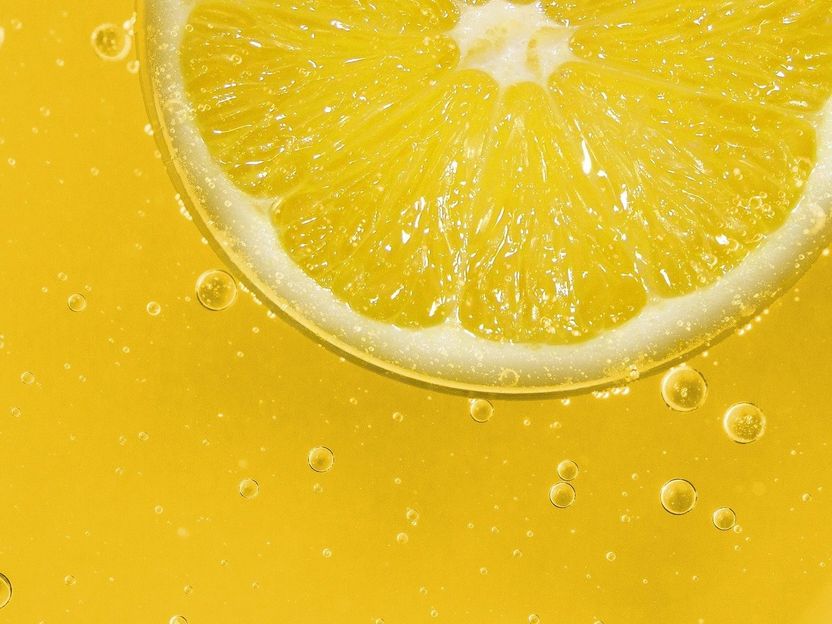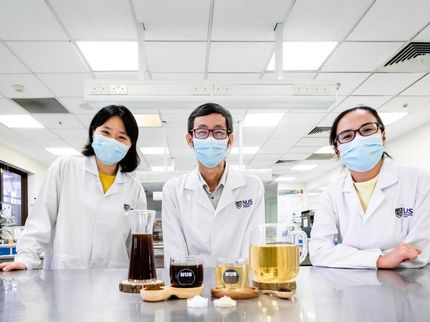Kerry Unveils Unique Citrus Extract Technology
New! Citrus Extract — that delivers all of the flavour benefits and impact of traditional natural citrus
Advertisement
Kerry’s advanced New! Citrus Extract technology is much more effective than traditional methods at retaining the great aroma and flavour characteristics of fresh citrus

Comfreak / Pixabay
Kerry, the Taste & Nutrition company, is pleased to introduce an advanced citrus extract technology — brand-named New! Citrus Extract — that delivers all of the flavour benefits and impact of traditional natural citrus products but can be labelled a “Natural Extract”. This best-in-class extraction technology can be applied to a variety of citrus fruit, and has many different applications, including refreshing beverages such as sparkling and still flavoured waters, ready-to-drink teas, juice drinks, isotonic and energy drinks, and craft carbonated soft drinks (CSDs), as well as alcoholic beverages such as hard seltzers, malt beverages, mocktails and flavoured beers and spirits. Initially, citrus tonalities include lime, lemon, orange and tangerine, with more to come.
Based on Kerry’s broad technical capability, the New! Citrus Extract portfolio was developed with the support of Kerry’s non-thermal liquid/liquid extraction process that delivers highly concentrated extracts with a greatly reduced level of terpenes and sesquiterpenes. This creates a taste profile that has been described as fresh, clean, vibrant, juicy, aromatic and intense, with a clean lingering effect. The process also allows for excellent solubility in water and stability.
This breakthrough technology is important because it is more effective than current methods at retaining the superior aroma and flavour of citrus, as well as providing an extended, more full-bodied finish. All products are completely water-soluble and colourless in the finished application, allowing the product developer to replace a natural citrus flavour with a natural citrus extract, i.e., providing a cleaner ingredient label.
“Citrus flavours and extracts have been used in foods and beverages for centuries. By enabling producers to retain the wonderful aroma and flavour of authentic citrus and deliver a fresh, intense, full-bodied citrus taste, our technology represents a major step forward from traditional extract processing,” said Ton Mesters, Global Product Director Citrus, of Kerry. “Our extracts deliver all of the benefits of a natural flavour, but can be labelled a ‘natural extract’, enabling food and beverage developers to clean up their ingredient labels. This new technology enables our customers to offer advanced vibrant flavours for new and unique market products.”
Citrus is a leading taste in new launches, especially in the case of beverages: since 2017, 47% of flavoured waters have contained citrus profiles. In addition, the same year, citrus was included in 38% of sports and energy drinks, 34% of carbonated soft drinks, 30% of flavoured alcoholic beverages, 29% of RTD iced teas and 26% of juices. In 2019, the use of extracts in beverages increased to 19% in all launches. Kerry’s New! Citrus Extracts can be included in many different sub-categories of non-alcoholic and alcohol-based beverages.
“People love the delicious and refreshing taste of citrus, so it’s not surprising the global food and beverage industry continues to use this iconic taste in new products,” added Mesters. “With Kerry’s advanced extraction technology available in four flavor tonalities (and more on the way), product designers have access to an expanded range of citrus extract options to enhance their design palettes.”



























































